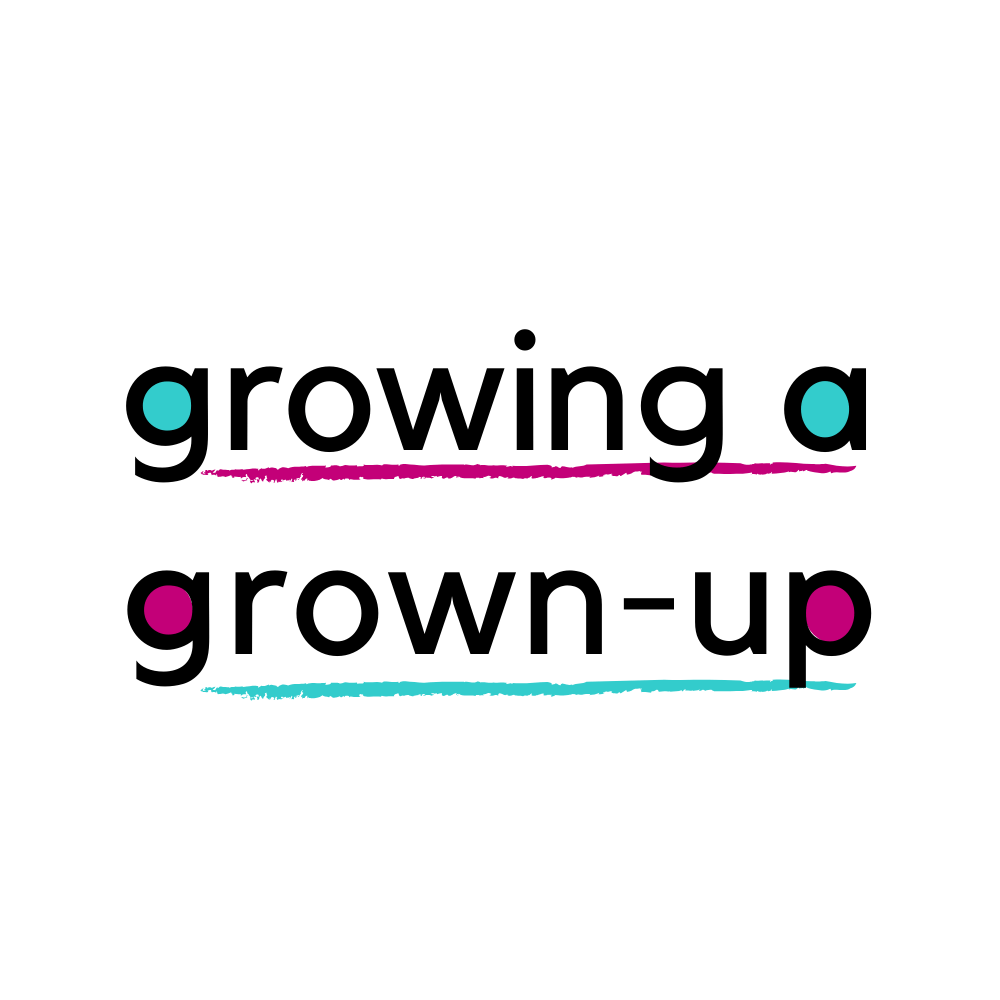Social media. Whenever I give talks to parents, or teachers, I am asked about social media. It is a huge concern for most people, and we are absolutely right to be asking questions, and to feel uneasy. There's a reason most social media apps are for 13+.
It is ‘new’ for most of us, in terms of parenting or educating our young people, and often we don't know what to say, or how to approach the topic, without causing significant eye rolling in our teens!
So when a documentary like ‘The Social Dilemma’ comes along, which can answer some of those questions, and justify our concerns, it is important to watch it- BUT it is also important to bear a few other facts in mind, and then plan a practical approach to the issues.
Netflix's documentary undoubtedly has fantastic credentials, fascinating subject matter and some very useful top tips (it's a shame these are mainly in the credits at the end). It mixes interviews with some of the key ‘founding fathers’ of social media in Silicon Valley with a fictional drama of a family overtaken by the potential impacts of social media.
The drama certainly takes a ‘worst case scenario’ approach!
We cannot ignore the messages from the (unfortunately mainly white) men telling us how addictive social media is, that it is designed to be addictive, and their frightening messages about how our views, data and preferences are noted, collected, and reinforced. This secretive curating of our feeds is how we become more divided as a society. And this is the stuff your teens should watch and take note of.
Fake News is a real threat to their future society.
The documentary is powerful, and will make us angry, but it is always important to remember that such programmes are themselves made for ‘views’ and to make money for the promoters (whilst criticising social media companies for the same behaviours)!
So as we watch, and discuss the documentary with our young people afterwards, it is helpful for us adults to be seen to put forward the other side- that social media can bring people together, connect friends and family, and make us feel like we belong. It has played a part in positive political movement, and we should encourage our teens to use it for good wherever possible.
The documentary fails to make this point at all. But movements like #BlackLivesMatter would have been much less impactful without social media, of course.
My message today is to watch the documentary with your kids (warning- it has some disturbing images and is rated unsuitable for under 12s), and have a conversation afterwards about the key messages, and what positive action they can take to counter the Fake News/ addiction issues, whilst spreading positivity with the tools they have in their hands.
Key approaches for wellbeing and life skills might be:
- switch off notifications (and thus kill the addictive built-in switch that Silicon Valley designed)
- choose when to look at your feeds rather than let the social media dictate to you
- challenge ‘news’ items/video content on your feed- question them- ask about them- don't accept them at face value
- follow some people you disagree with, to ensure a mix of information is sent your way, to challenge your thinking, and to confuse the ‘algorithms’ that dictate what we see
- be aware of the manipulation- and that they don't have to let themselves be manipulated
- leave the phone outside the bedroom at night- sleep is vital for wellbeing
- keep social media use to a minimum, especially in tweens and younger teens
In this way your teens can be aware of the risks of social media, whilst counteracting them and feeling like they are in control of their feeds, rather than that their feeds control them and their thinking.
The moguls of Silicon Valley may say that their kids aren't allowed social media, but that's like saying that 'they aren't allowed alcohol'. It's naive.
In our society kids need the skills to protect themselves, and ‘say no’ or make informed decisions.
‘Banning’ risk activities in teens is pointless and leaves them vulnerable for when they finally encounter the issue- whether it's cigarettes, drugs, alcohol or social media.
They need practical skills to help them stay safe, in a world where social media is ubiquitous.
I hope that ‘The Social Dilemma’ will inform lots of family discussions, but will also be challenged, and lead to some proactive changes…
I have already disabled notifications on my tech for everything except messages!
What will you do?!

